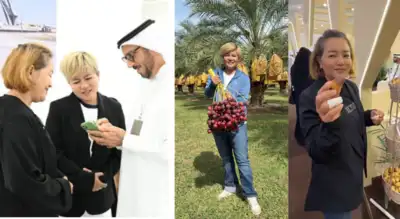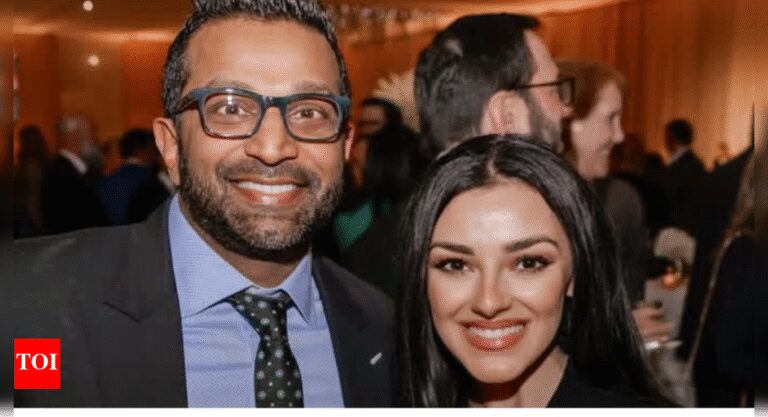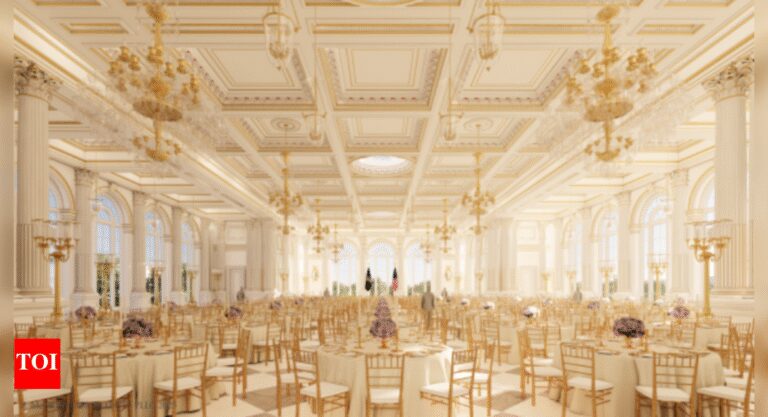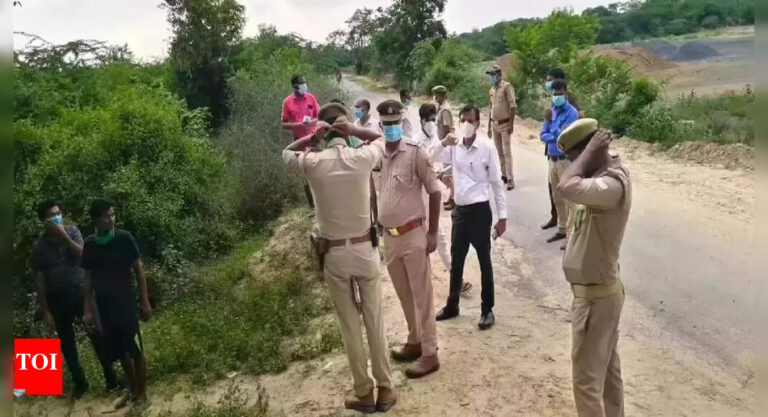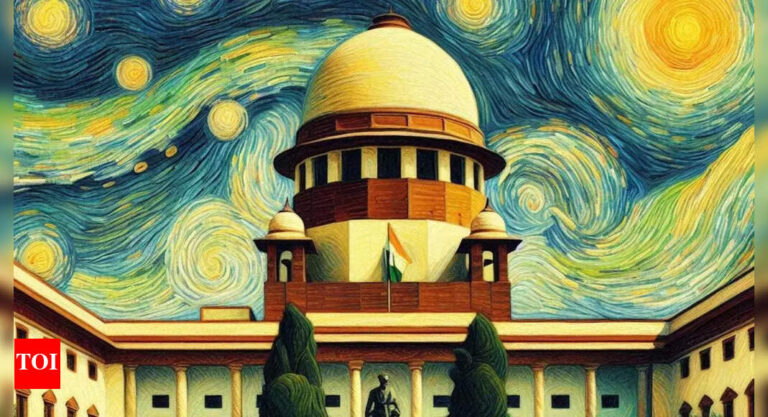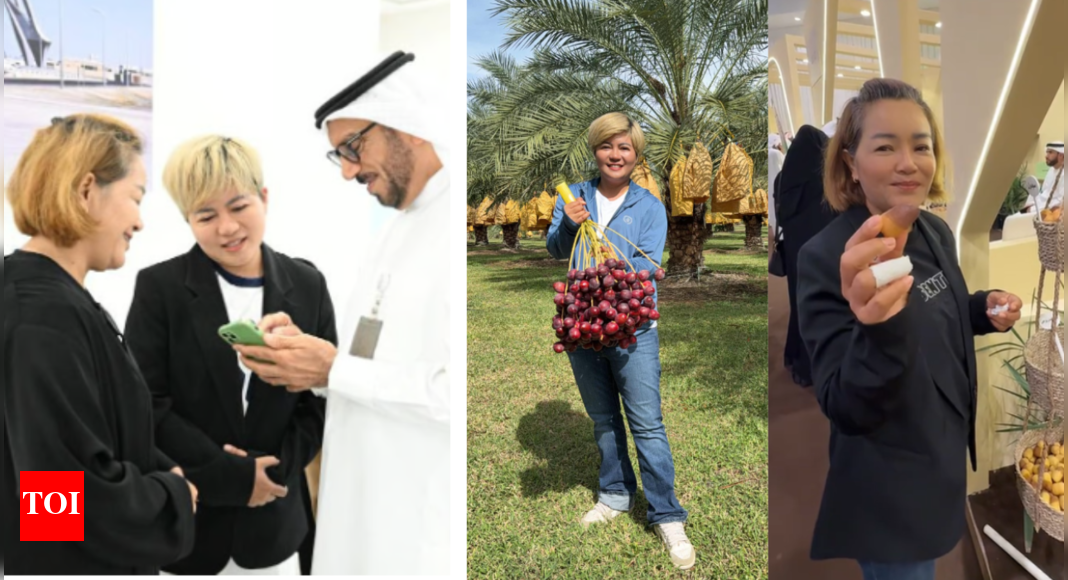
The UAE’s Golden Visa is one of the most sought-after residencies in the region, usually granted to investors, scientists, entrepreneurs, and other high-profile professionals. But this year, for the first time, two Thai women running a date farm were awarded the visa, raising questions, and curiosity, about how farming and culture can open unexpected doors.
How Two Thai Farmers Became Golden Visa Recipients
The two women, owners of Orawan Farm in Thailand, manage a large-scale date plantation with more than 5,000 fruit-bearing palm trees. They’re not just farmers; they’re also entrepreneurs who’ve turned their farm into a business, producing and marketing dates within Thailand and beyond.Their recognition didn’t come through the usual channels, they didn’t apply, invest, or go through a formal process. Instead, they were nominated directly by Dubai’s General Directorate of Residency and Foreigners Affairs (GDRFA), the authority that oversees Golden Visa approvals. The nomination was made during their visit to Dubai, where they were invited participants in the ongoing Dubai Dates Festival.There, they met personally with Lt Gen Mohammed Ahmed Al Marri, Director General of GDRFA, who acknowledged their work in a face-to-face meeting. According to Khaleej Times, their nomination was based on their role in “promoting date cultivation beyond the UAE and spreading Emirati heritage and values globally,” helping raise global awareness of the fruit, which holds deep cultural and historical meaning in Emirati life.
What Makes Their Story Stand Out
On paper, the UAE’s Golden Visa program does not list farmers or agricultural workers as eligible categories. It’s primarily designed for individuals who contribute to the country’s growth through investment, entrepreneurship, real estate, science, culture, education, and humanitarian work. The visa typically goes to business owners, researchers, skilled professionals, or those with significant capital. But this case is different, and that’s exactly why it matters.The Thai women aren’t just growing dates. They’ve also been using social media platforms like TikTok to creatively promote the health benefits and cultural relevance of dates, reaching audiences who might not otherwise engage with the topic. They’ve essentially become informal ambassadors of the fruit, and by extension, of a tradition that’s central to the UAE’s heritage.Their selection marks the first time the Golden Visa has been awarded to foreigners cultivating dates outside the Emirates, a significant recognition that comes with real advantages. The visa grants 10 years of renewable residency, allows recipients to live and work without employer sponsorship, and includes the ability to sponsor family members and hire domestic staff. For many, it’s a gateway to long-term security and flexibility in the UAE.Another factor that sets them apart is their proactive involvement. They travelled from Thailand to take part in a UAE-based cultural and agricultural event, a move that reflects genuine interest and initiative. Participating in a niche festival like this, rather than promoting their work from afar, likely played a role in getting their efforts noticed by local authorities.
Where It Happened: The Dubai Dates Festival
The award took place during the Dubai Dates Festival, which runs from July 25 to August 1 at Qalaat Al Remaal (Al Remah Fort), along the Dubai–Al Ain Road. The event, now in its second edition, is organized by the Hamdan Bin Mohammed Heritage Center and focuses on both the agricultural and cultural importance of date palms.The festival includes:
- 13 competition categories, including rare varieties like Dubai Hilwa and awards for Homegrown Palm and Largest Cluster
- A weeklong date palm auction, held in partnership with Emirates Auction
- Traditional tools and exhibits, showcasing historical farming methods like digging, pollination, and harvesting
- A display of archival photographs tracing the stages of date farming
- Food stalls offering sweets and other traditional products made from dates
Open daily from 10am to 10pm, the event blends education, commerce, and cultural storytelling, and it’s clear that the Thai women’s participation wasn’t just a side event. It was central to why they were recognized.

